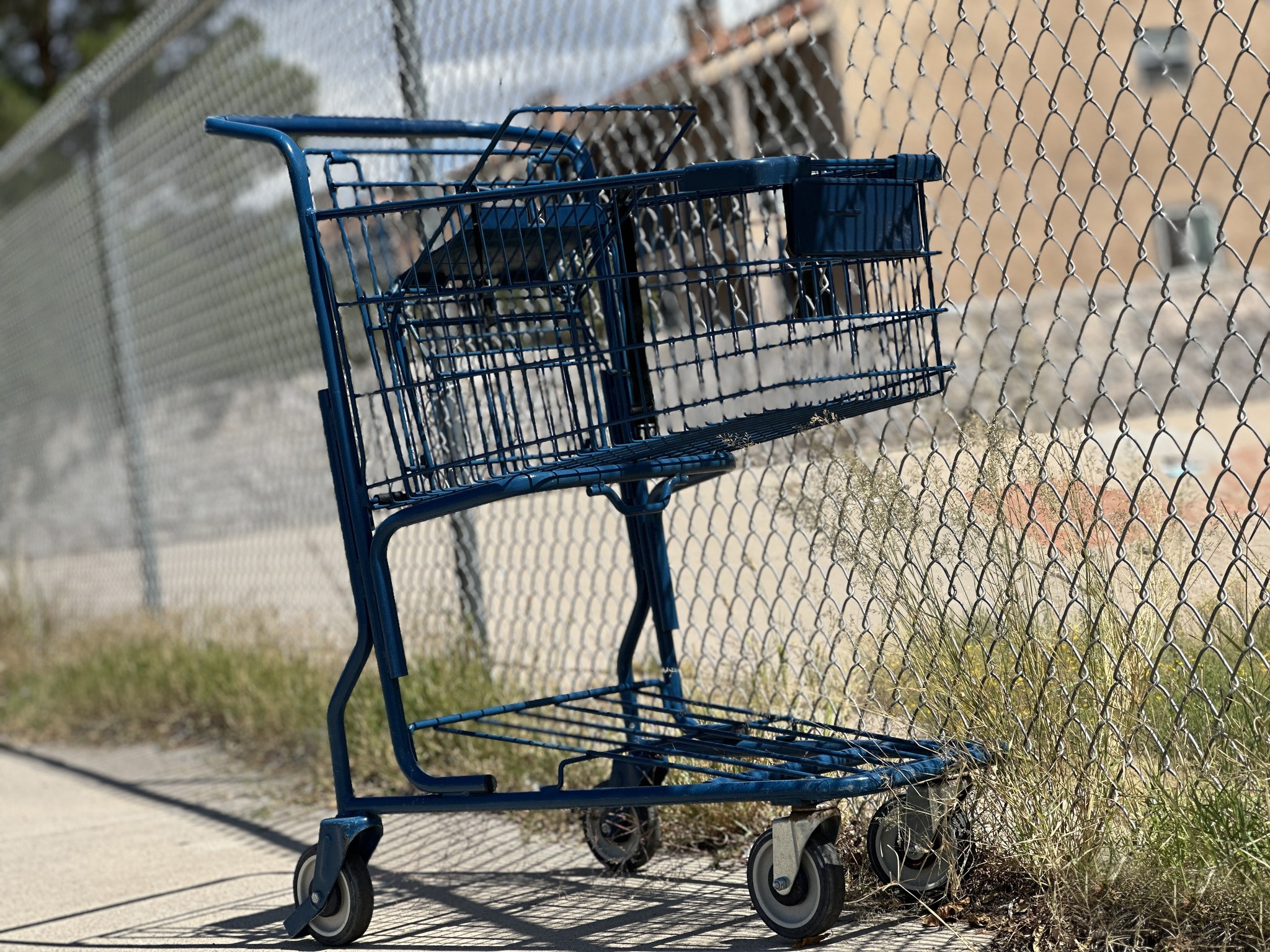-and-
Whether the ordinance is ultimately effective or not is certainly an interesting story, but not nearly as interesting as the confirmation that residents in our broader community actually give a damn.
An Editorial Review
By Levi Gwaltney
Las Cruces Digest posted eight (8) articles related to the recently enacted “shopping cart ordinance”. All of the articles generated higher than average traffic as readers learned what the ordinance entailed.

Interest in these articles stands as a testament to how residents in our broader community remain interested in what is going on here.
The shopping cart ordinance was fraught with controversy. Those who believed the measures to be “draconian” in nature stood squarely in opposition to those who preferred the type of “zero tolerance” solutions commensurate with being wholly fed up with the homeless problem.
In the end, the ordinance provided a rather elegant path forward. Instead of stacking (like so many blankets) the blame for circumstance squarely on the growing homeless population, it shared the burden with the other part of the shopping cart equation–those who owned the shopping carts–the rationale being how the owners of shopping carts had some degree of responsibility for managing and securing the equipment used in the course of regular business.
Of course this was unpopular among most big box retailers, but there really is no historical comparison to the shopping cart problem of today. It is partly the result of a broader shift in the landscape of the modern consumer experience.
-and-
Within recent memory, stores had employees who would walk purchases to your vehicle. Of course, that was well before the job of shopping was entirely transitioned to the consumer. Today, the consumer is expected to “ring up” their own items, sack them and haul them to the car themselves. Once unloaded, retailers expected consumers to stow their empty shopping carts in the proper collection spaces. If a cart “wandered off”, the retailer would rather assume the blame rested ultimately with the consumers for not caring properly for the carts entrusted to them. The shopping cart ordinance put an end to the growth of chores stacked onto the backs of modern consumers. Retail management now has to pay attention to something more than loss prevention.
Of course, once the ordinance went into effect, some retailers relished what was thought to be a newly created authority; however, after a few vigilante moments were reported, enforcement of the ordinance became more standardized, and was brought back under the auspices of professional law enforcement.
Las Cruces’ shopping cart ordinance is a controversial approach; it is a new solution to a new problem. Above all, it falls into the “Doing Something” column.
The interest in the shopping cart ordinance and the problem that manifested it should be noted. Whether the ordinance is ultimately effective or not is certainly an interesting story, but not nearly as interesting as the confirmation that residents in our broader community actually give a damn. In a world where it is all too easy to throw one’s hand in the air to accept apathy as the new normal, this interest demonstrates how we simply are not those people–at least, not yet.
For now, our broader community cares more than many would like to admit, and that is a good thing.
Las Cruces Digest will be following up with statistics demonstrating the effectiveness of this controversial ordinance once enough time has passed to demonstrate a trend of any kind.
Until then, the articles listed below provide you with any information you might have missed at the time. Thank you for reading.






